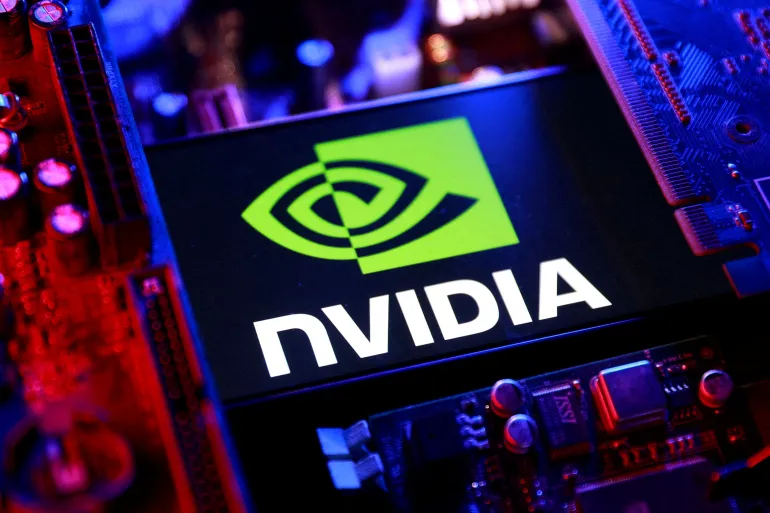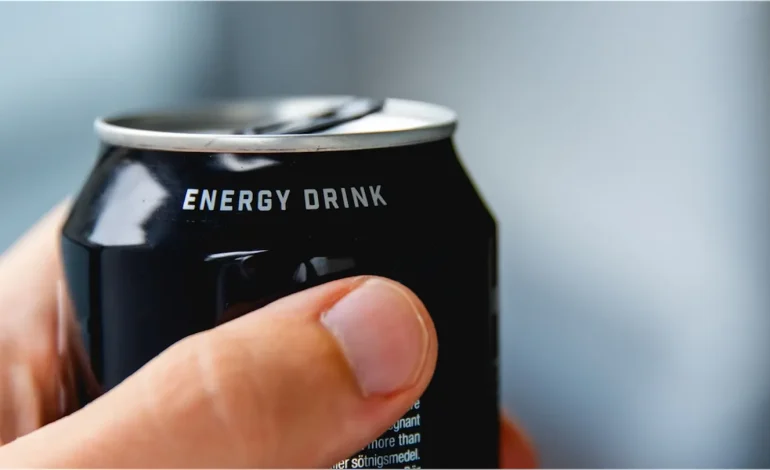A new study suggests that taurine—a naturally occurring amino acid commonly added to energy drinks, supplements, and certain foods—may play a role in promoting the progression of some blood cancers, FOX News reports.
Researchers at the Wilmot Cancer Institute at the University of Rochester discovered that taurine can support the growth of leukemia cells, raising concerns about its potential impact on individuals with blood-related malignancies.
Taurine is not only produced by the body but is also present in foods such as meat, fish, and eggs. It is widely used in energy drinks and protein powders for its perceived health and performance benefits. However, the new findings indicate that the compound may fuel the growth of specific blood cancers by enhancing glycolysis, a cellular process that breaks down glucose for energy.
The research, published in Nature, revealed that taurine may support the development of cancers that arise from blood stem cells in the bone marrow, including acute myeloid leukemia (AML), chronic myeloid leukemia (CML), and myelodysplastic syndromes (MDS). The team did not initially set out to study taurine’s impact on cancer but encountered the connection while examining the bone marrow environment to better understand blood cancers.
“Our finding that taurine can be produced by the bone marrow microenvironment was completely unexpected,” said Dr. Jeevisha Bajaj, assistant professor at the University of Rochester and lead author of the study. “It added critical information to studies of where blood cancers originate and expand.”
The researchers emphasized that their findings are preliminary and primarily based on mouse models. They found higher taurine levels in the bone marrow of mice with leukemia compared to healthy ones. While this raises important questions, further studies in humans are needed to confirm whether the same mechanism is present in people with leukemia.
Experts unaffiliated with the study have also weighed in. Dr. Marc Siegel, clinical professor of medicine at NYU Langone Health, noted that the study highlights a potential link between diet and cancer, although he emphasized that more research is required to understand how taurine uptake by leukemia cells might be effectively blocked.
The authors of the study proposed that developing therapies to block taurine absorption in cancer cells could represent a new strategy in treating aggressive blood cancers. However, they caution that the current evidence does not indicate taurine causes leukemia or transforms healthy cells into cancerous ones.
Given that taurine is also sometimes used to counteract chemotherapy side effects, the researchers recommend that leukemia patients consult with their healthcare providers before consuming taurine-rich supplements or products, including energy drinks.
Dr. Hooman Melamed, a board-certified orthopedic spine surgeon and sports medicine specialist not involved in the study, noted that taurine supplementation is often unnecessary since the body can produce adequate amounts on its own. He also advised caution with energy drinks, which can contain numerous synthetic additives and unrecognizable ingredients.
This research was supported by several branches of the National Institutes of Health and nonprofit organizations focused on blood cancer.










The latest news in your social feeds
Subscribe to our social media platforms to stay tuned